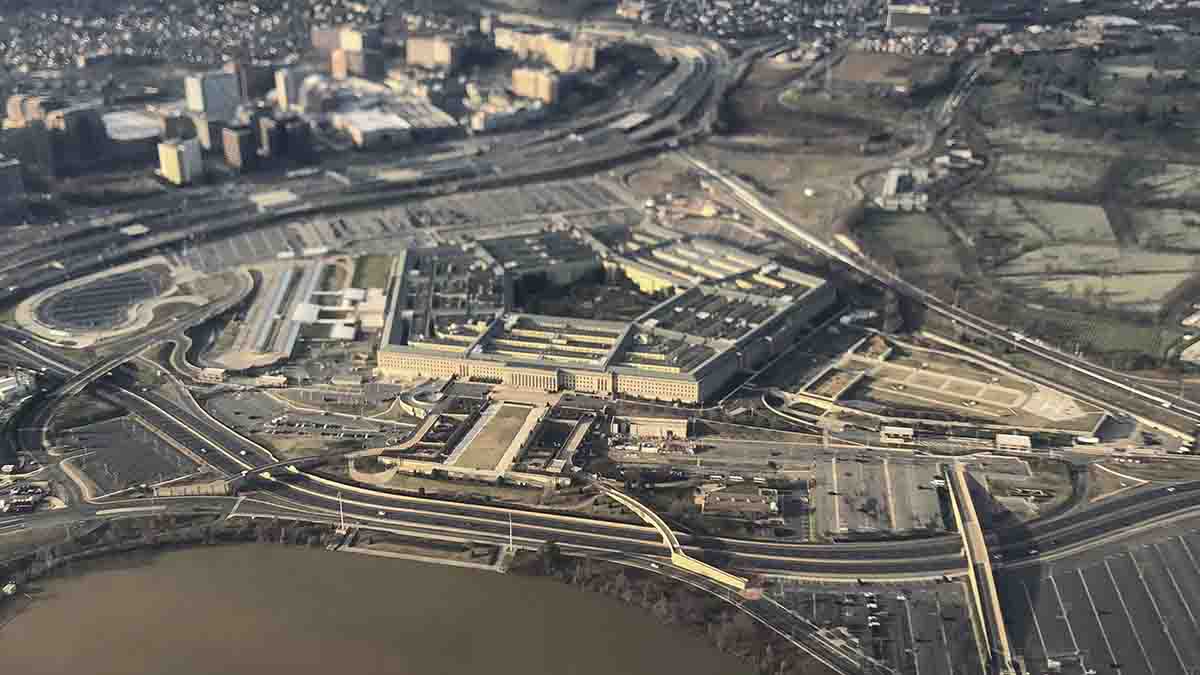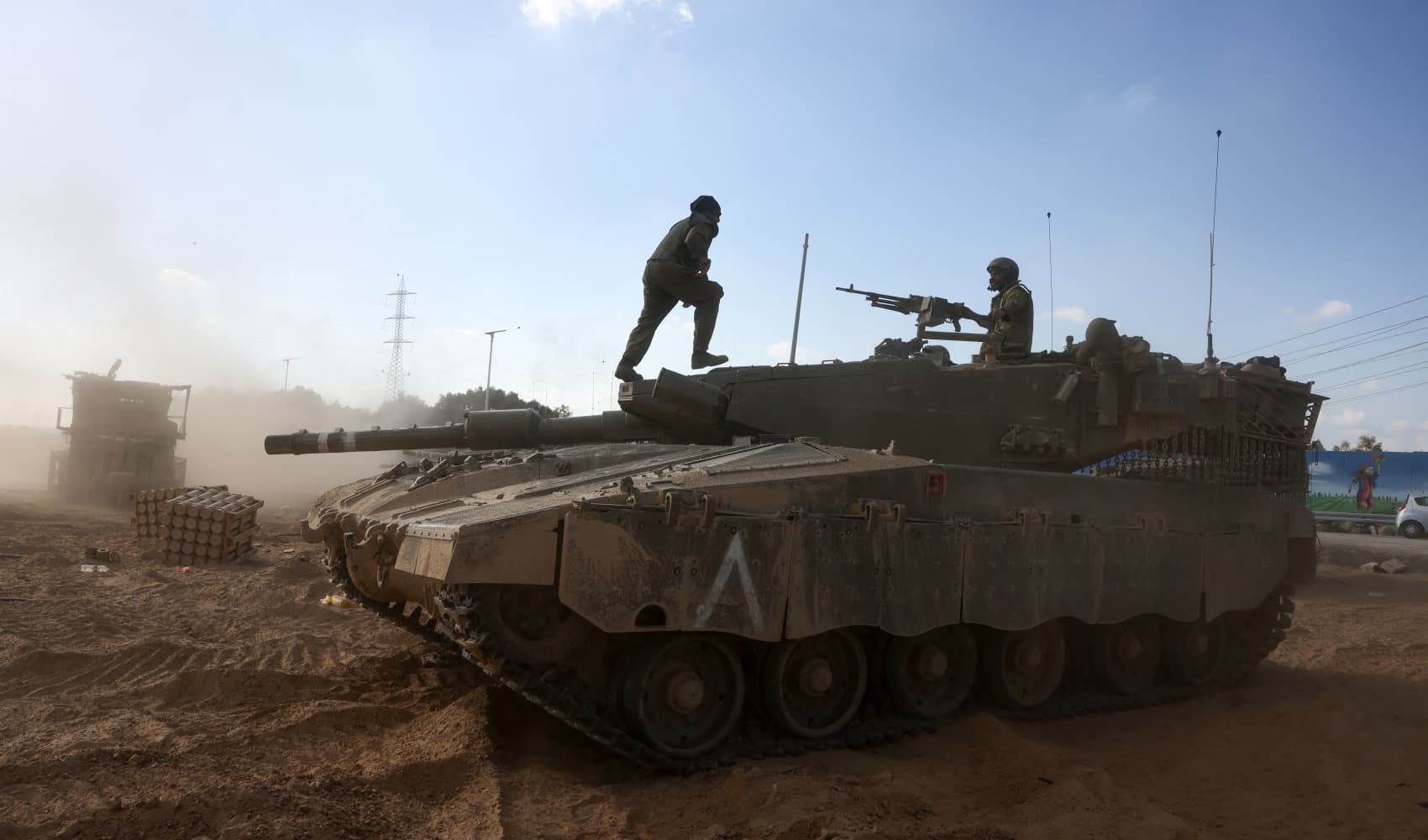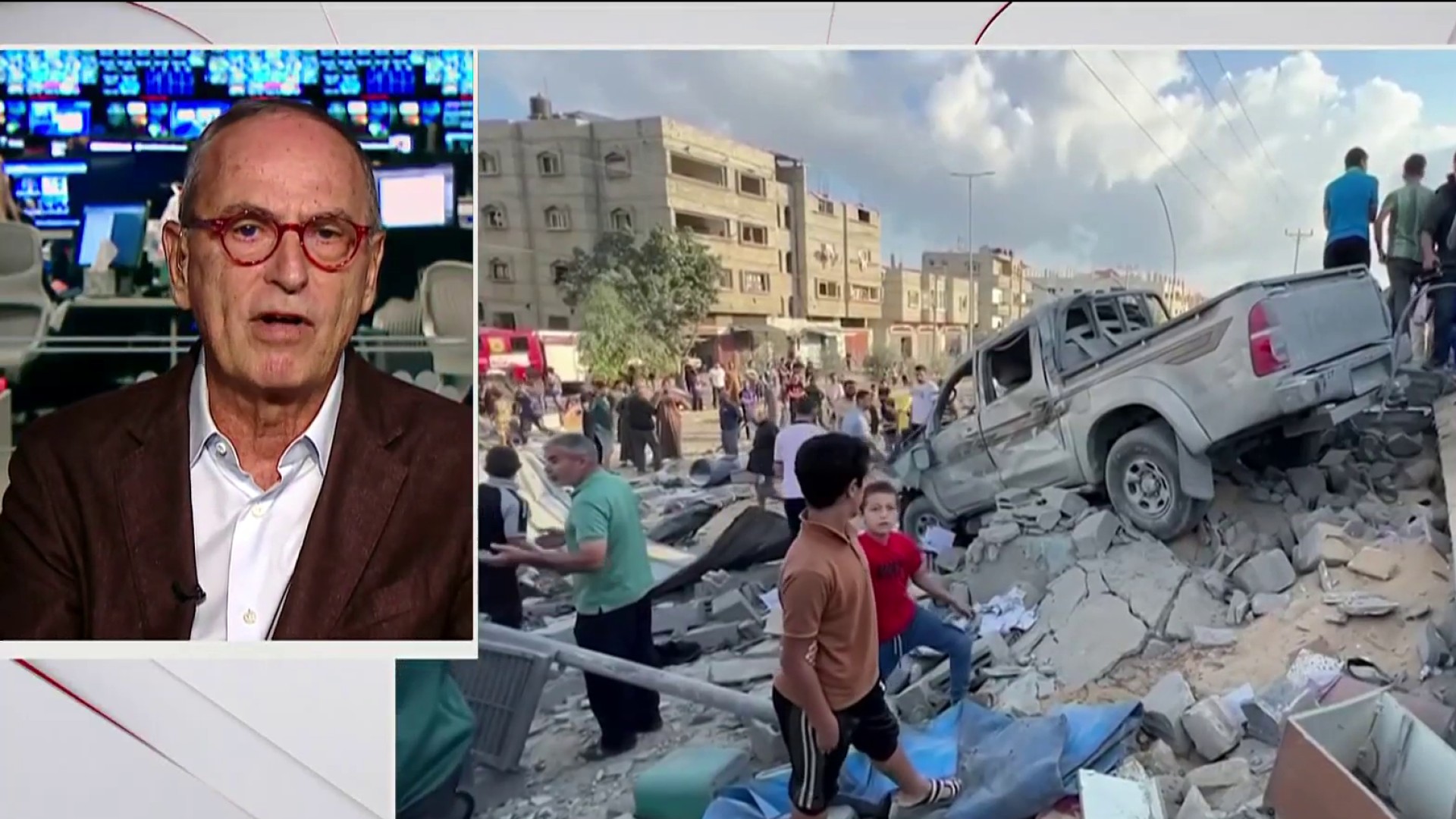Hundreds of people rallied at Copley Square in Boston Monday, calling for an end to Israel's attacks on Palestinians in Gaza as the violence in the region continues.
Israel has continued punishing airstrikes across Gaza in response to the surprise attacks from Hamas on Oct. 7, and the threat of a ground invasion remains, while Hamas militants have kept up a barrage of rocket attacks.
WATCH ANYTIME FOR FREE
>Stream NBC10 Boston news for free, 24/7, wherever you are. |
As hundreds of thousands of people evacuate Northern Gaza, there are growing concerns about the potential long-term impacts of the Israel-Hamas war. Speakers at Monday's rally voiced concerns for the people in Gaza and outrage over the civilians who have been killed in the Israel-Hamas conflict so far. Some called for a cease-fire, some for an end to U.S. aid in Israel.
The crowd was so large it filled the area of Dartmouth Street Monday afternoon and began to march, forcing street closures.
Get updates on what's happening in Boston to your inbox. Sign up for our >News Headlines newsletter.
Chanting "free Palestine" and other calls to action, some of the group said they've lost family members not only in this conflict but in past violence as well.
"What's going on right now is a situation where you have a population of 2.3 million people without water, without electricity and without food," explained Dr. Anwar Mhajne, a political scientist at Stonehill College.
Despite the humanitarian crisis, Mhajne said many Palestinians are reluctant to leave Gaza because of events in the region's history that have displaced many.
"People are afraid to leave because they're afraid not to be able to come back," she said.
“It's tragic. I've been doing this work in Israel since 1980. I've been in the West Bank, working since 1996. And I think it's not an understatement to say this is the worst situation in the region since the founding of Israel in 1948,” said Norbert Goldfield, Executive Director of Healing Across the Divides, a Massachusetts-based non-profit organization that supports projects that promote the health of Israelis and Palestinians.
Monday morning, he said access to Gaza was still restricted.
“I just got off a call of organizations that that are trying to provide services in the region. And the reality is, is that there's no services that are getting in at all into Gaza. And people are very challenged in the West Bank,” said Goldfield.
The amount of damage to infrastructure in the region and the ongoing violence is likely to permanently displace tens of thousands of people, said Jeffrey Thielman, executive director of the International Institute of New England which helps resettle refugees in New England.
“How could you go back to a place if your school’s been destroyed? How could you back to a place if there's no hospital? How could you go back to a place if the place where you shop and got food isn't there anymore?” said Thielman. “Should the fallout from this conflict in the Middle East result in people coming here, we'll be ready to serve them as well but our heart goes out to people who are suffering displacement from your homeland.”
Around 600,000 Palestinians have followed Israel’s orders to evacuate northern Gaza.
Crowds continue to grow at the Rafah crossing at the border of Gaza and Egypt, waiting for an opportunity to exit.
More than 2,400 people have been killed in Gaza, while roughly 1,400 people have been killed in Israel. Those numbers include 30 Americans, with at least 13 still missing.




